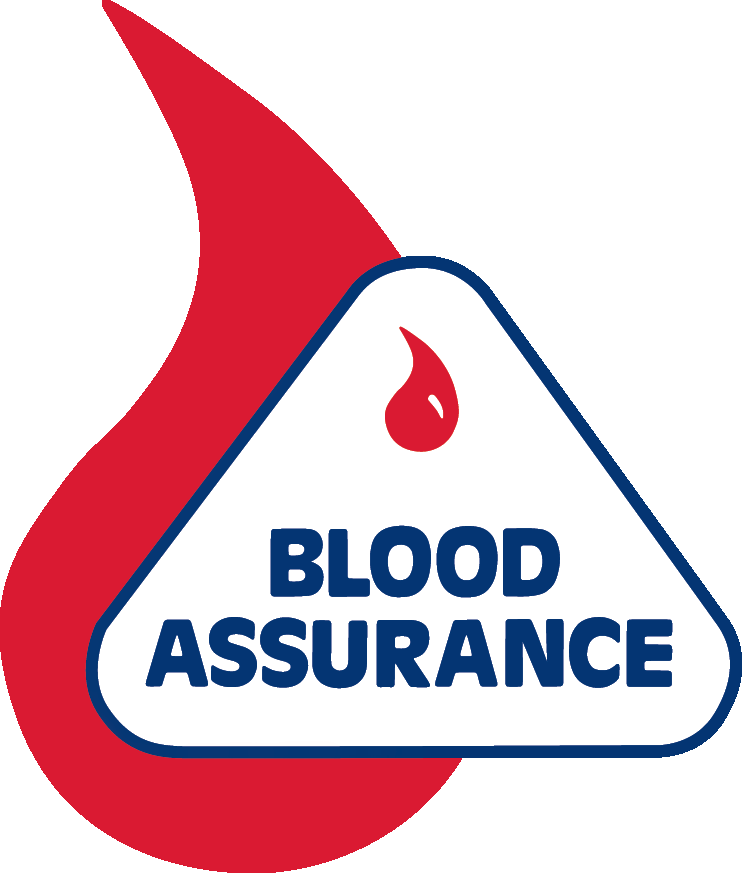How often can I donate whole blood?
Donors can provide a whole blood donation every 56 days (approximately eight weeks).
How long does the process take?
A whole blood donation takes approximately 30-45 minutes from registration to completion.
What is whole blood donation?
Whole blood donation is the most common form of donating. Whole blood is collected from the donor and taken to the laboratory where it is separated into specific components, such as red blood cells, platelets and plasma.
.
donation requirements
High school students who are at least 16 years of age require one-time parental consent and weigh at least 110 pounds. Other donors must be at least 17 years old.
When checked by our donor care specialist, your iron level must be at least 12.5 g/dL for females and 13.0 g/dL for males.
Your blood pressure cannot be higher than 180/100 mm Hg or lower than 90/50 mm Hg. If you are currently taking medication you are eligible to donate as long as your blood pressure meets these requirements.
Your body temperature must be between 96.4 and 100.0 degrees F.
Your pulse rate must be no less than 50 beats per minute and no more than 100 beats per minute.
You will be asked a series of questions to ensure that you are eligible to donate.
Certain medications and medical conditions will prevent you from donating, at least temporarily. Call 800-962-0628 to inquire about your specific medical conditions or medications, or view the Medication Deferral List.

